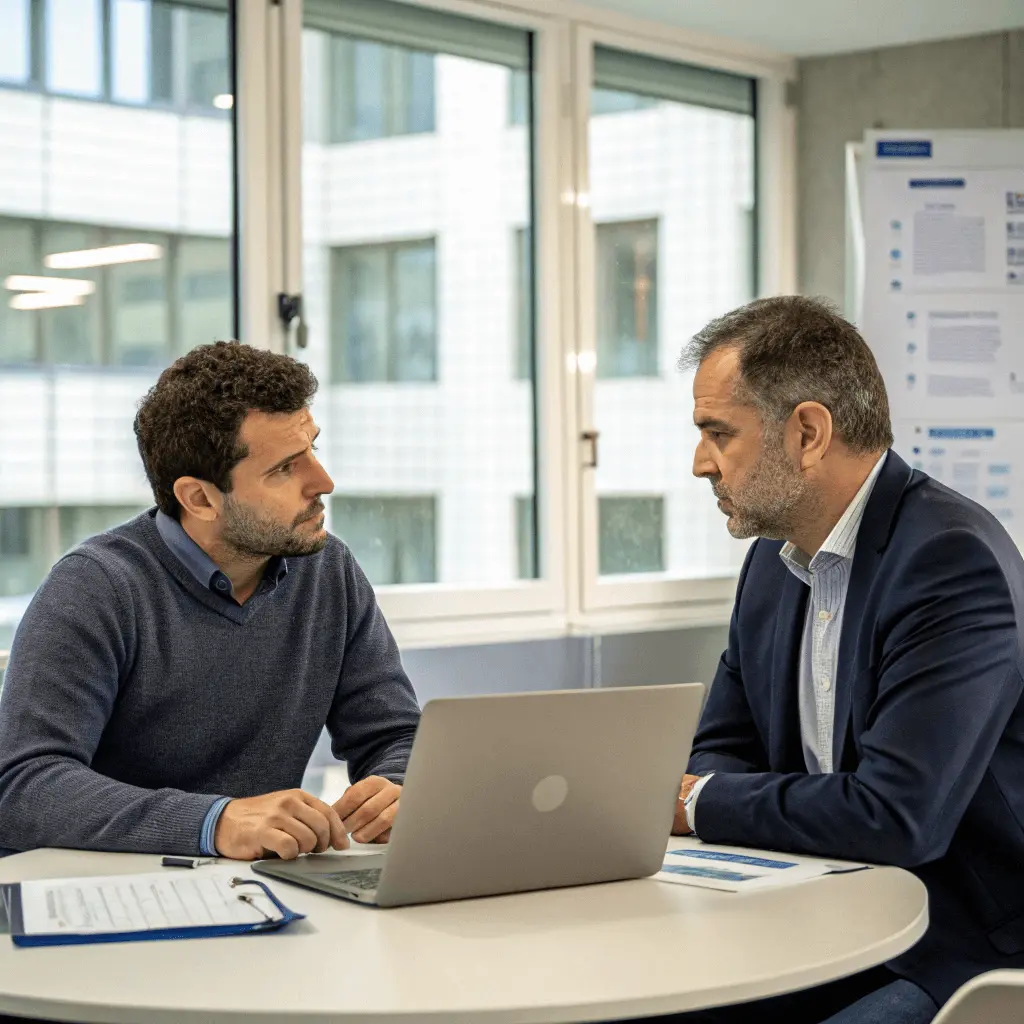
As Ukraine becomes an increasingly important part of the European media and business landscape, the demand for Ukrainian voice-over services has grown sharply. From advertising and e-learning to film, gaming, and corporate videos, voice is what gives a message its emotional power. Choosing the right voice, and the right language, is now more than a creative decision: it’s a strategic one.
1. Why Ukrainian voice-over is essential
In Ukraine, the use of the state language in media, advertising, and public communication is not just preferred, it’s required by law. Commercials, online videos, and television programs must have Ukrainian versions to comply with broadcasting and consumer-protection regulations.
At the same time, audience expectations have changed. Even though most Ukrainians understand Russian, the vast majority now prefer hearing content in their native tongue. After years of Russian aggression, language has become a symbol of identity and dignity. Using Ukrainian voice over is therefore both a legal necessity and a sign of respect for your viewers.
2. Why native voice talents matter
A professional Ukrainian voice actor brings authenticity that no foreign speaker can imitate. Subtle elements, accent, melody, intonation, and even emotional rhythm, shape how a message is perceived. A native speaker naturally adjusts tone and phrasing to sound convincing and relatable. In contrast, a non-native accent can distract, reduce credibility, or even alienate the audience.
3. How AI can support your project
If your budget is limited, modern AI tools can make Ukrainian voice production faster and more affordable. Synthetic voices can be useful for drafts, training videos, or internal materials. However, human expertise remains essential, to refine pronunciation, adjust emphasis, and ensure emotional nuance. The best results often come from combining AI efficiency with professional guidance from a Ukrainian linguist or sound director.
4. The market will give a Ukrainian voice-over to customers anyway
A vivid example of this cultural demand can be seen in the media sphere: many Ukrainians prefer to watch pirated movies or TV shows that have Ukrainian voice-overs rather than official versions on global streaming platforms that still lack Ukrainian audio. They are not seeking free content; they are seeking Ukrainian content. This behavior clearly demonstrates how deeply language identity shapes consumer choices and why Ukrainian localization, whether in media or interpretation, is no longer optional but essential.
In short, investing in authentic Ukrainian voice-over is not only about compliance, it’s about clarity, empathy, and connection. The right voice builds trust, strengthens your message, and shows that you truly speak to your Ukrainian audience, not just at them.



